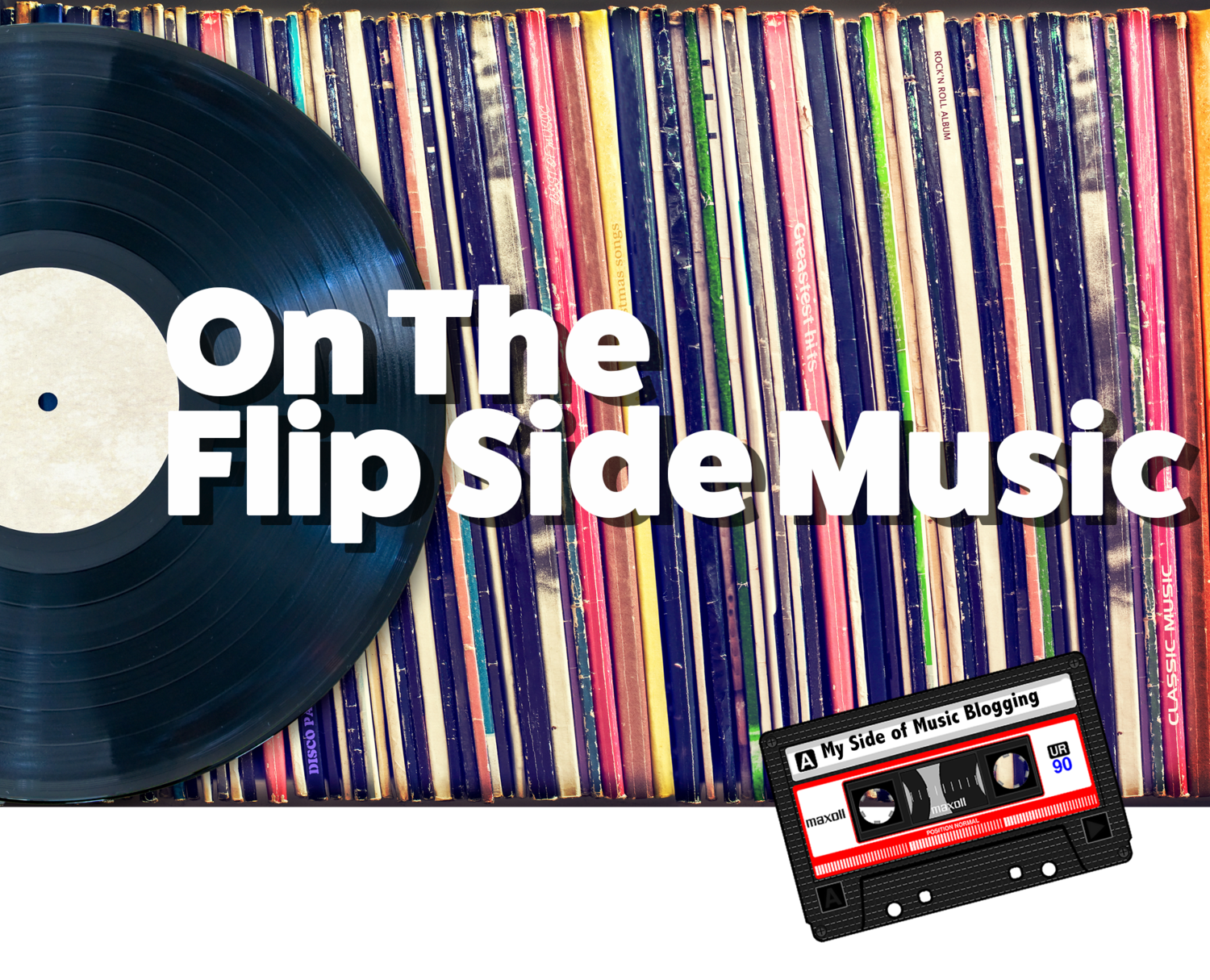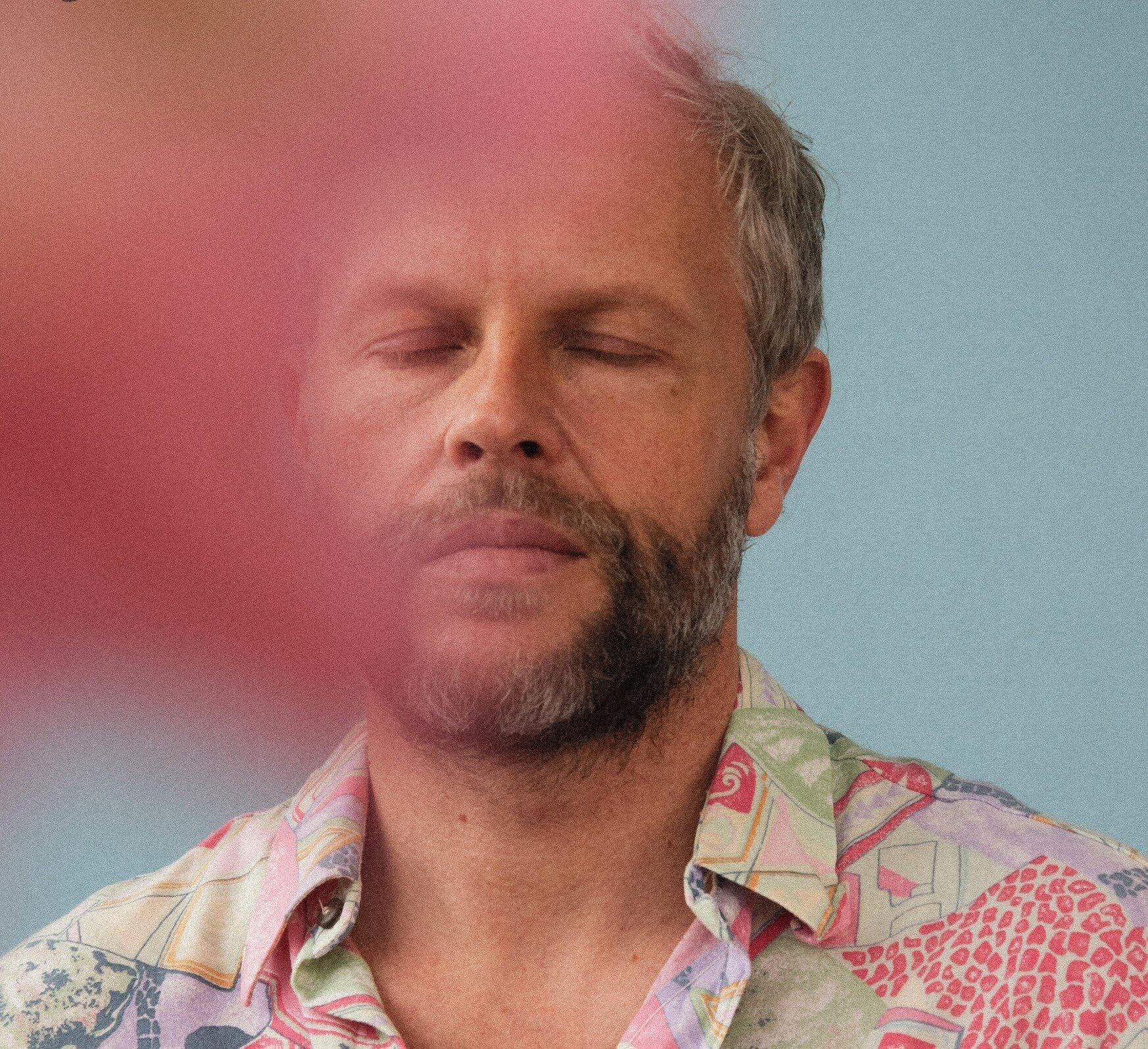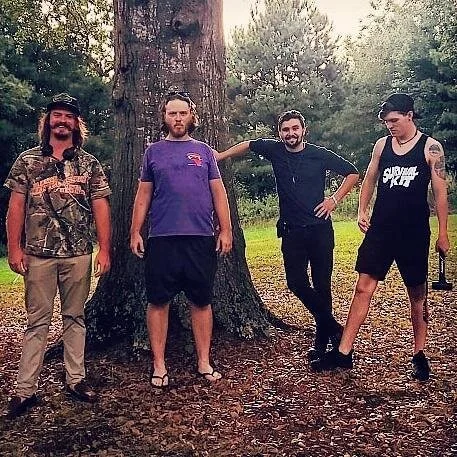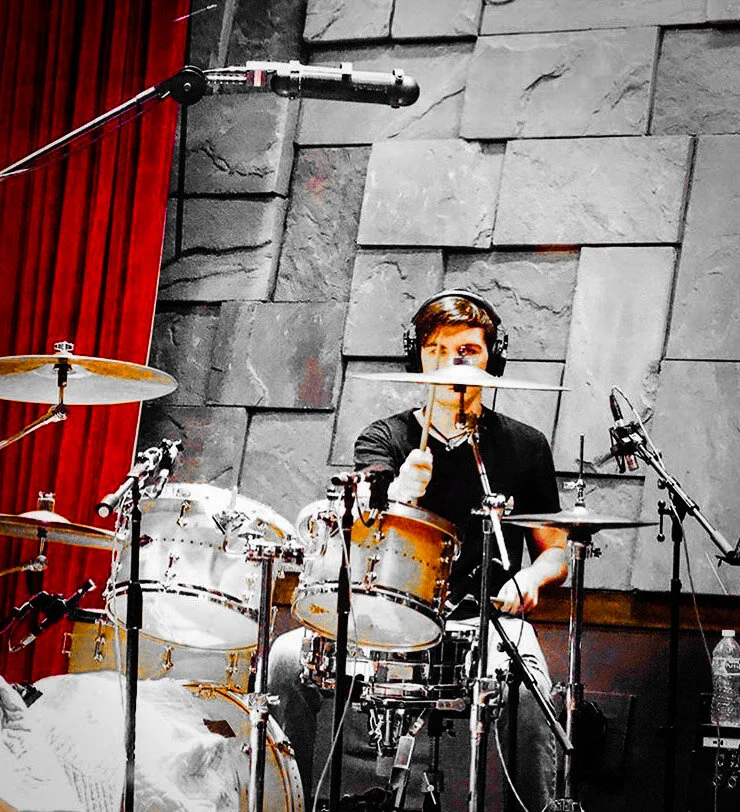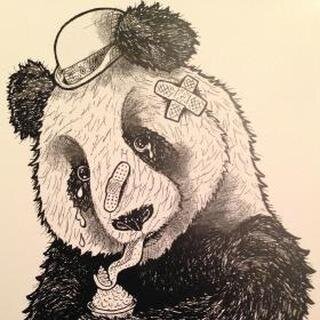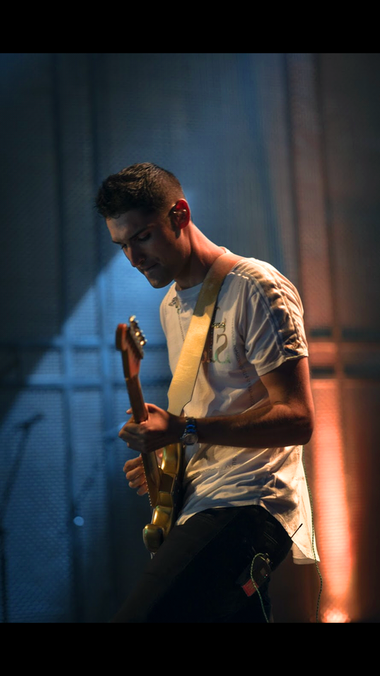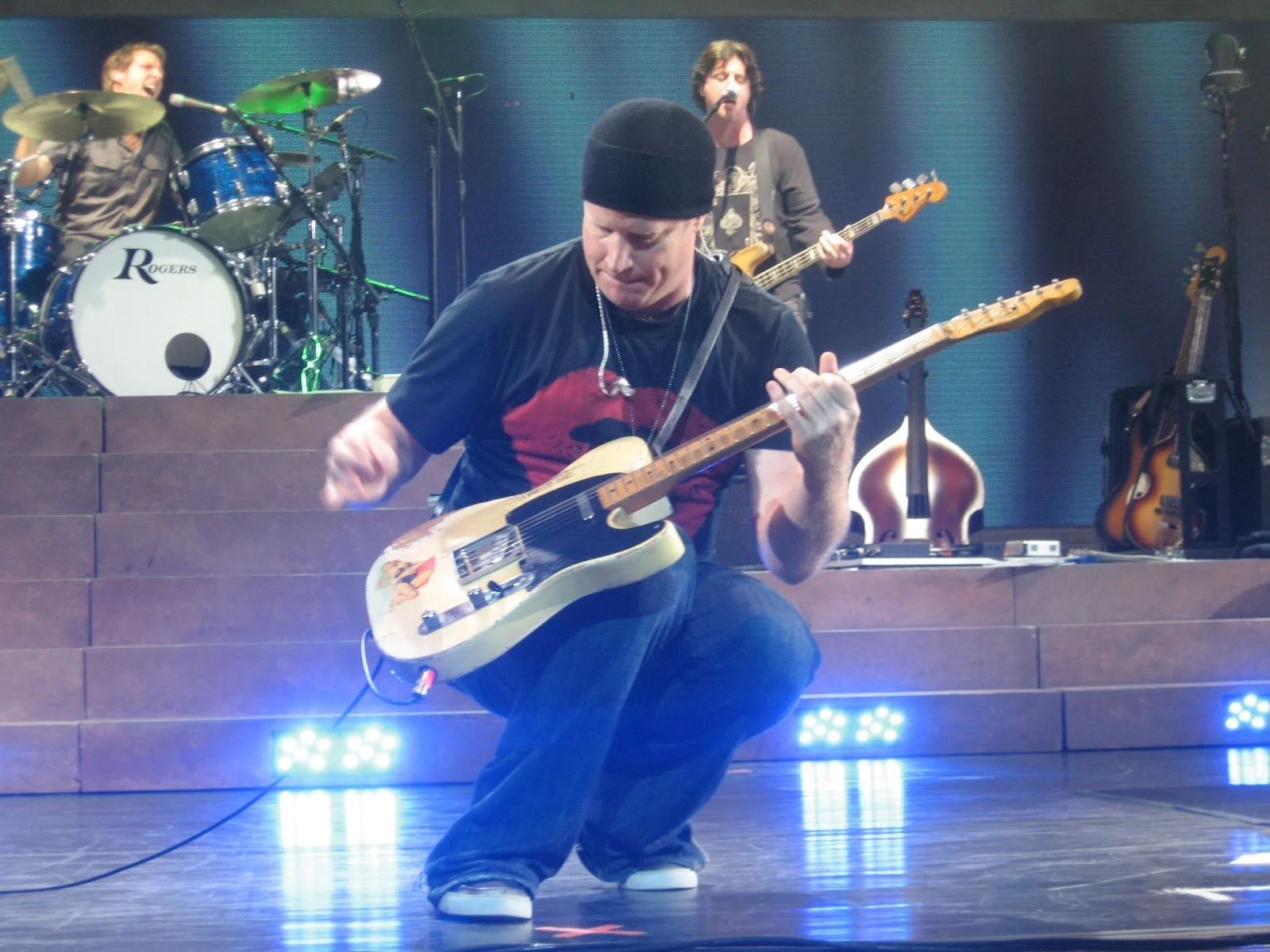INTERVIEW: Jonas Winge Leisner
Interview by Jessica Klausing
As featured on the On The Marq Radio Show with DJ Marq - Episode: Soul glo
Danish singer Jonas Winge Leisner has made a name for himself in Europe for his songs “I Close My Eyes” and “Don’t Look for Love” featured in the film, The Only One. He has toured extensively over years alongside the band, Ridin’ Thumb, as well his own contributions as a solo artist. Despite his impressive portfolio boasting massive airplay, sold out shows and having his work featured in movie soundtracks, Jonas has not yet put out a full project in his own name until now. His latest EP, Sticky is a gorgeous concoction of hypnotic instrumentation and stellar vocal ranges that will leave you with the sweetest taste of soul music.
Jonas took time out to chat with us about his new EP release.
I adore your song, “Hustler.” I've noticed a lot of romantic mythological metaphors sprinkled throughout the lyrics. What was the story behind this track?
Jonas: This is a song that (like most of the others) we wrote together. Daniel Fridell did most of the music for Hustler before we crafted the melody and lyrics on top. And Bobby Bovell created most of the lyrics on this one. Most of the lyrics were written in the studio together, but Bobby really came with the vision for the lyrics here. It has a few different levels – the main throughline is about coming back from being far gone, and finding your way back to your strength – and to someone you care about.
The image of washing up on the shore, not having drowned in the ocean but being ready to live again. There is a theme of destruction, or near destruction, going through the song that relates to that. With Atlantis as the lost city being an important image (if you've been to Atlantis under the sea, you've certainly come close to being gone from the world). We were actually also talking about environmental destruction when we were building the song – connecting the personal story to that of the seas being destroyed. With the line 'We made something eternal', what we had in mind is also that our impact on nature is irreversible.
Listening to the Sticky EP, you bring a very dreamy soundscape into your soul music. What is your inspiration for this unique sound?
Jonas: I think this dreamy quality to the sound is a product of many things coming together. I think it reflects a side of my personality – I'm a big daydreamer, and I often feel a yearning and longing that I think comes out in my singing and in my contributions to the lyrics. That in turn is reflected in the sound and production because my collaborators respond to that. A lot of it also comes from Daniel Fridell's love for exploring all kinds of sounds and feels – Daniel feels at home in so many different genres and styles of music, and he sometimes adds an almost psychedelic quality to the music. Some of it I think comes specifically from Daniel diving deep into old moog synthesizers that lend themselves to these dreamy sounds, and from using live strings on some songs. Nothing is dreamier to me than well played live strings.
Which of the songs off the Sticky EP is your personal favorite and why?
Jonas: It's hard for me to pick a favourite. The six songs are the first batch from a larger catalog of songs we've done together, and we chose them for the first EP because we felt like they each had a special quality. But my favourite this morning when I was driving down the highway and giving it all a fresh listen was “Hustler” – it's an amazing song to drive to, I think. I also really like the title song “Sticky,” and the closing tune “Wrapped in Your Love”.
How do you create these soulful masterpieces?
Jonas: The process for each of the songs was different. The common denominator is that they're all collaborations. With large parts written while we were in the studio together – but often started outside the studio. Some songs like “Sticky” and “Wrapped in Your love,” Daniel Fridell made a track initially that I then wrote a sketch of a melody and some lyrics on top. Then Bobby Bovell would start plugging holes in my sketches and add more lyrics. Then Jonas Rendbo, the fourth member of our little team, might add an idea, and so on.
A song like Fuel Bobby wrote on his guitar and came to the studio with, close to finished in terms of words and melody. Then Daniel built the production around it. “Lovebirds” was created largely in the studio from an idea Bobby had, and then we all contributed. Writing these songs together, approaching it like building blocks where we're stacking them up until we have built something together is by far the most fun part of the project for me. It's a fairly new process for me also – I have always felt locked into (and sometimes a little trapped in) the idea that you're supposed to sit down at the piano or with a guitar all alone and turn out a neatly constructed song. Some do that as easily as making breakfast, but I like the collaborative process much better.
What is the message you hope the audience will take away from when listening to Sticky?
Jonas: In terms of a message as you might traditionally construe it – such as a political message, or wanting to say something specific about society, social issues etc (for instance) hasn't been a driving force for the project. Not because there isn't so very much to say, I just personally have always related to music and art that deals with these things in subtle ways. I have always related more to a process, where words and music arise in a more free, emotional space, that isn't so message driven – where perhaps you yourself don't realize completely what the song is about, until after you've written it. That has happened several times in the process of these songs – that I later realize that a lyric deals with something personal in my life, which I didn't truly realize while I was working on it.
But to make that long story a bit shorter – I hope people will take away a sense of allowing themselves to be and feel free. And I hope they'll be inspired to dance, groove, sing and tap their feet to the music. Singing is all about being free to me, connecting to people and sharing emotions – joy in particular.
